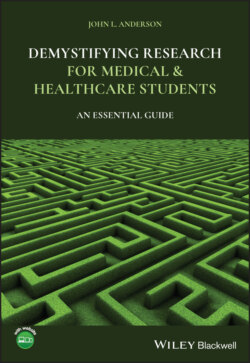Читать книгу Demystifying Research for Medical and Healthcare Students - John L. Anderson - Страница 61
Why Do People Take Part in these Trials?
ОглавлениеChen and her colleagues (2017) carried out a survey of 654 healthy volunteers who had taken part in a Phase I trial in USA, Belgium, and Singapore. The asked them about their willingness to enrol in such trials. They found that their participants were willing to take part in many kinds of Phase I trials – including those involving diverse side effects and procedures. They were keener to participate in trials with low risk, familiar procedures. Their willingness did not vary with their income. They were least likely to agree to invasive procedures like lumbar punctures and bone marrow biopsy, or where there was a risk of irreversible damage – such as kidney damage or death – or where there might be a chance of effects on their minds. ‘In addition, respondents reported that more money, fewer total procedures, the importance of a study, and the doctor performing the procedure would influence their willingness to participate in a given study. Money is an important factor in healthy volunteers' decisions to participate in phase 1 clinical trials, thus it is not surprising that more money might influence their decisions’ (Chen et al. 2017). Not surprisingly, those with lowest incomes express desire to take part in clinical trials. Chen et al. (2017) reported that there was a relatively high proportion of participants with incomes of less than half the national average income in the three countries in their study.
So, there may be a potential to exploit people who are financially disadvantaged in clinical trials – as in all types of research – and I shall discuss later when considering ethical issues.
